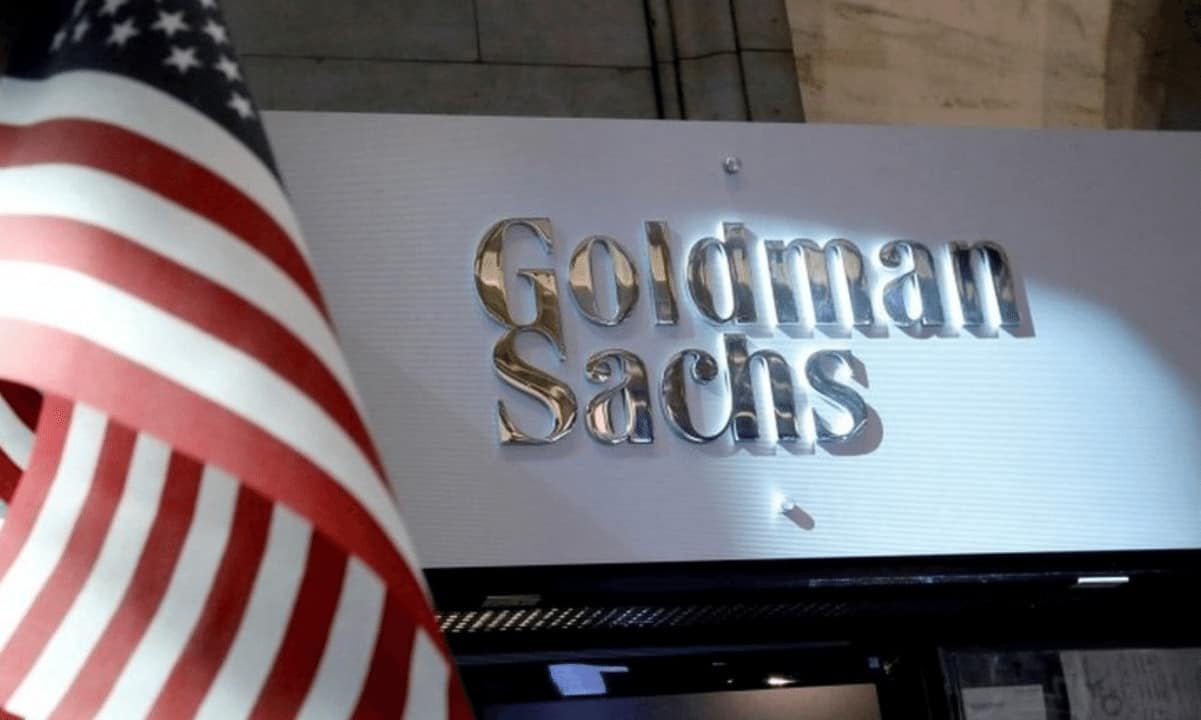A recent study conducted by Goldman Sachs has found that 32% of family offices globally have exposure to digital assets, non-fungible tokens (NFTs), or decentralized finance (DeFi), while 26% have explicitly invested in cryptocurrencies. The survey contacted 166 family offices in the Americas, Europe, the Middle East, Africa, and Asia-Pacific to determine how their investment strategy has changed over the past few years.
Increase in Crypto Investments
The study revealed that the proportion of family offices invested in digital currencies has risen from 16% in 2021 to 26% in the current year. However, interest in the sector has dropped significantly, with 62% stating that they are not invested and not interested in the future, and only 12% potentially interested in the future.
Motivations for Investment
The primary motivation for those who have entered the ecosystem is the belief in the power of blockchain technology (19%). 9% have joined the industry to diversify their portfolios, whereas 8% view digital currencies as a store of value. In addition, 8% have purchased bitcoin or altcoins, hoping to profit in the future or simply speculating.
Regional Differences
The study found that most HODLers (30%) are from the Asia-Pacific region, with 27% of family offices without crypto exposure from that area remaining interested in the future. The opposite is true for the EMEA region, with only 15% invested in cryptocurrencies and 79% not intrigued to join the pack.
KPMG Study
Another recent study conducted by KPMG China and Aspen Digital found that nearly 60% of family offices and high-net-worth individuals (HNWIs) from Hong Kong and Singapore have invested some of their wealth in digital assets. The research revealed that the two largest cryptocurrencies by market capitalization, bitcoin (BTC) and ether (ETH), are the most popular digital assets in both regions.
In conclusion, the Goldman Sachs study shows an increase in crypto investments among family offices, albeit with a drop in overall interest in the sector. Regional differences also play a significant role, with the Asia-Pacific region leading in crypto investments and interest.

